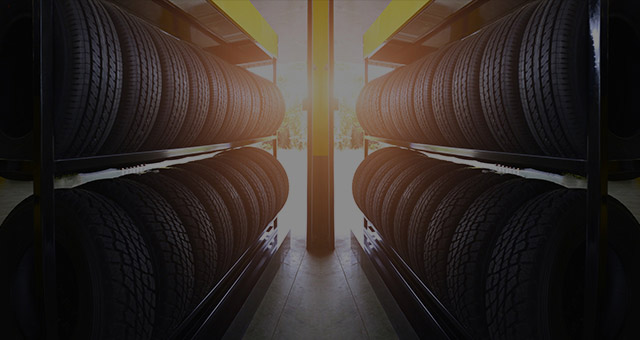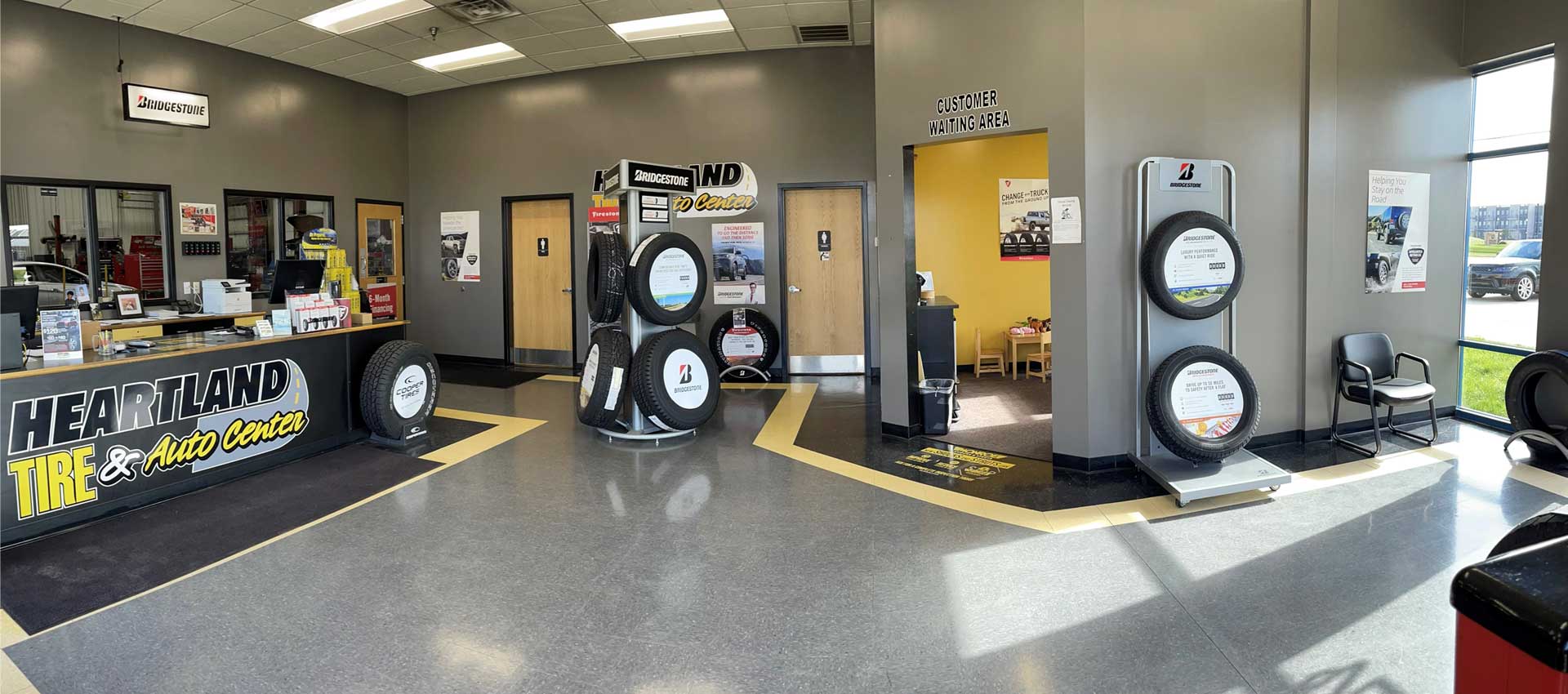Discover Top-Quality Tires Morris IL: Select the Best for Your Lorry
Discover Top-Quality Tires Morris IL: Select the Best for Your Lorry
Blog Article
Tire Service: Understanding Tire Pressure Monitoring Systems
Understanding Tire Stress Tracking Equipments (TPMS) is a critical aspect of keeping optimal car performance and safety on the roadway. With advancements in vehicle technology, TPMS has actually ended up being a standard attribute in modern lorries, offering real-time info on tire stress degrees.

Importance of TPMS
The significance of Tire Stress Surveillance Systems (TPMS) depends on their capacity to enhance vehicle safety and performance via real-time tracking of tire stress levels. Keeping the proper tire pressure is critical for making sure optimum handling, braking, and general safety and security of an automobile. TPMS provides drivers with immediate responses on any overinflated or underinflated tires, enabling for timely modifications to be made.
Elements of TPMS
Making up numerous crucial elements, a Tire Pressure Tracking System (TPMS) works as an advanced safety attribute in modern vehicles. The major elements of a TPMS consist of sensors, a control module, and a caution sign. Sensing units are commonly located in the tire shutoff stem or affixed to the wheel assembly, where they measure tire pressure and transfer information to the control component. The control component processes this information and triggers a caution if it detects dramatically low pressure in any one of the tires. The warning indication, frequently a sign on the control panel, alerts the vehicle driver to examine the afflicted tire or tires. Some advanced TPMS versions additionally display the actual tire stress analyses for every tire, giving drivers with real-time details to make sure optimal tire efficiency and security. By monitoring tire pressure continuously, TPMS helps avoid accidents, reduces tire wear, and improves fuel effectiveness, making it a vital component for lorry safety and efficiency.
Types of TPMS

On the various other hand, indirect TPMS relies upon the vehicle's wheel speed sensing units to check tire pressure. This system spots underinflation by contrasting the rotational speeds of the wheels. Indirect TPMS is less expensive than direct TPMS, as it uses existing sensing units within the automobile.
While straight TPMS provides more accurate analyses, indirect TPMS is easier in design and normally requires less upkeep. Both systems have their limitations and advantages, and the selection between them usually depends upon elements such as cost, lorry make, and personal choice. Comprehending the distinctions in between these two sorts of TPMS can help automobile owners make notified choices relating to tire upkeep and security.
TPMS Upkeep Tips
Reliable maintenance get redirected here of TPMS is essential for guaranteeing optimum efficiency and safety and security of your automobile. Regularly examining the TPMS sensing units for any type of damages or corrosion is essential. Make certain that the sensors are totally free and clean from particles that could hinder their functioning. Additionally, it is advisable to examine the sensor batteries occasionally and replace them as required to ensure accurate readings. Conduct regular examine the tire stress levels and compare them with the TPMS analyses to guarantee they correspond. If there are any type of inconsistencies, recalibrate the system adhering to the producer's guidelines. During tire rotation or substitute, make sure that the get redirected here TPMS elements are dealt with carefully to protect against any kind of possible damage. Lastly, if the TPMS advising light illuminates on the dashboard, deal with the issue immediately by inspecting the tire pressures and the total system for any type of mistakes. By sticking to these maintenance ideas, you can extend the lifespan of your TPMS and enhance the security of your driving experience.
Benefits of Correct Tire Stress
Maintaining correct tire stress, as stressed in TPMS Upkeep Tips, is critical for reaping the countless benefits linked with optimal tire stress levels. One of the key advantages of preserving the right tire pressure is boosted gas effectiveness. When tires are effectively inflated, there is much less rolling resistance, leading to much better gas economic climate. Furthermore, proper tire pressure ensures also tire wear, extending the life expectancy of the tires and advertising much safer driving conditions. With the appropriate tire pressure, automobiles also have far better handling and traction, specifically in damaging weather. This can enhance general driving performance and safety and security for the vehicle driver and passengers. Maintaining ideal tire stress can add to a smoother and more comfortable experience by reducing resonances and noise created by underinflated tires. In conclusion, the benefits of appropriate tire pressure surpass just tire longevity; they encompass enhanced fuel effectiveness, boosted safety, much better lorry performance, and overall driving comfort.
Final Thought
In final thought, understanding tire pressure tracking systems (TPMS) is important for maintaining optimum tire stress and guaranteeing lorry safety. By acknowledging the value of he said TPMS, being familiar with its components, understanding the various types readily available, adhering to appropriate upkeep tips, and realizing the advantages of preserving correct tire stress, drivers can boost their driving experience and prolong the life-span of their tires. Appropriate tire pressure is vital to risk-free and reliable automobile operation.

Report this page